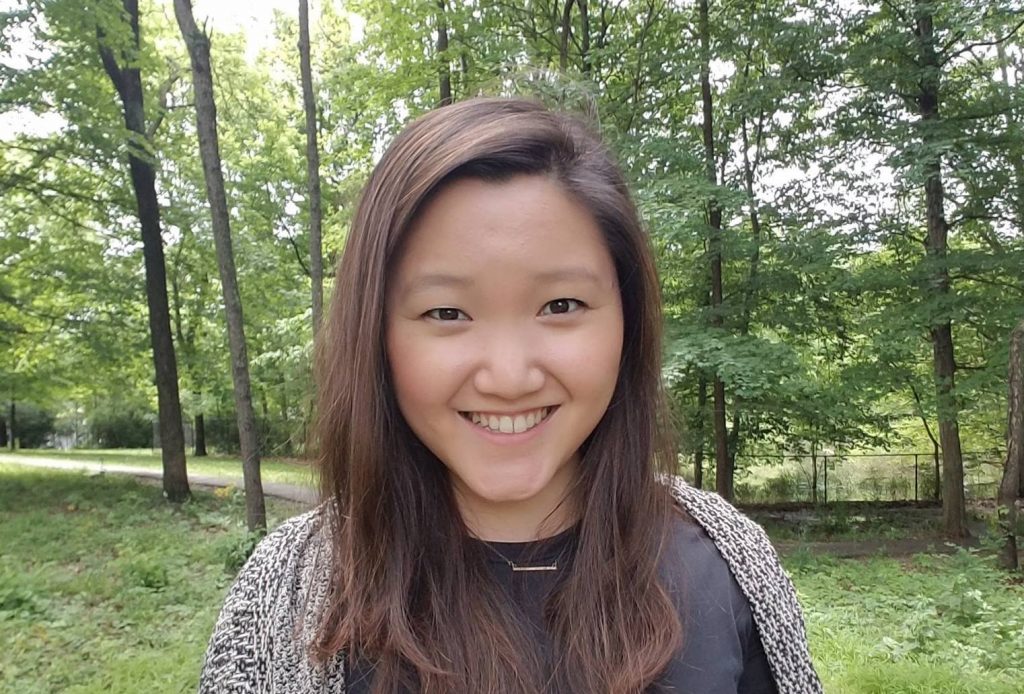
Every suburb and city I have lived in was marked by racism. But as a child, I associated those moments with the place—that it’d be better the next place we went—because surely, it couldn’t be like this everywhere.
NER poet Su Cho (“Abecedarian for ESL in West Lafayette, Indiana” NER 41.1) remembers the anger that came to her as a child being taught English, the hope that things would be better if that feeling could be poured into a poem, and how the ABCs and the American Dream are not so simple as they’re made out to be.
I was a talkative child, though it is hard for my present self to believe it. Apparently, I bombarded my parents with questions and endless musings. But when I try to remember all this talking I did, try to picture what I looked like, I only see myself now. I’m shrunken down to the size of a child, my mouth mechanically opening and closing. What I can imagine, quite clearly, is being spoken to, being told what to know.
It’s doubly difficult to imagine this chatterbox of a past self because all that chatter was in Korean. Now, Korean is just for my immediate family, or when I find myself at my parents’ church. I try to remember what I must’ve said in English growing up. The only thing that comes to mind is someone telling me, or perhaps I just knew, that school in America would be fine if I was armed with the ABCs and knew the difference between dog and cat.
After immigrating to the US, surely, I must have spoken. But I only remember observing and listening. And just like that, by the time we moved to West Lafayette, Indiana, English warmed on my tongue. For years I had the same ESL book with a blue cover showcasing the American Dream: a suburban landscape, everything neatly labeled mailbox, mailman, white fence, house.
When I wrote “Abecedarian for ESL in West Lafayette, Indiana,” I was angry. I didn’t know where to direct my anger, so I tried to make it precise. I don’t like how A is always for apple, that even in those big plastic posters of learning English for Korean kids, there’s a big giant red apple with 사과 written next to it. I used to think that the world would magically become a better place if I could distill my anger into a poem. How wrong I was. Every suburb and city I have lived in was marked by racism. But as a child, I associated those moments with the place—that it’d be better the next place we went—because surely, it couldn’t be like this everywhere. And just like that, just like all the immigrants and children of immigrants and all of those who found themselves in this country, English permeates my present, my future, and somehow, finds its way back to the past, where it didn’t really exist.
My memory of speaking Korean is wrapped up with my memory of learning English. This poem was a way for me to remember that even seemingly innocuous things like the ABCs are not simple. I made this abecedarian just for myself, to be able to call things as I see them with as much or as little explanation as possible.
Su Cho currently lives in Milwaukee, Wisconsin, where she serves as Editor-in-Chief of Cream City Review. Her poems have appeared in Poetry, Gulf Coast, and Colorado Review, and she also has essays at GEN at Medium, Sycamore Review, and forthcoming from Black Warrior Review. You can follow her @su__cho or visit her website at www.suchowrites.com.